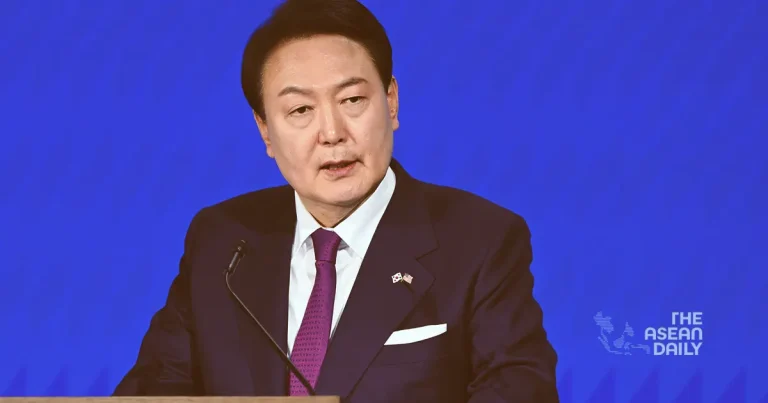10-12-2024 (SEOUL) South Korea’s investigative bodies are locked in an unprecedented power struggle over who should lead the inquiry into President Yoon Suk Yeol’s controversial martial law declaration of 3 December, threatening to derail the high-stakes investigation.
The Corruption Investigation Office for High-ranking Officials (CIO) has rebuffed the prosecutor’s office’s demand to surrender related cases, instead asserting its legal authority to consolidate the investigation under its purview. This jurisdictional clash has sparked concerns about the probe’s effectiveness and timeline.
“Our statutory powers grant us the authority to demand case transfers in such matters,” a CIO representative stated, dismissing prosecutors’ claims of offering a joint investigation approach.
The controversy deepened on 9 December when prosecutors, working alongside military investigators, launched a sweeping raid on the Defence Counterintelligence Command. More than 50 personnel executed search warrants issued by a military court, seeking evidence related to the martial law implementation.
Former Army Special Warfare Commander Kwak Jong-geun has emerged as a key witness in the investigation. Prosecutors are particularly interested in his account of refusing orders from former Defence Minister Kim Yong-hyun to forcibly remove legislators from the National Assembly during the martial law period.
In a significant development, authorities have imposed a travel ban on Lee Sang-min, the former Minister of the Interior and Safety. Mr Lee, who attended the same secondary school as President Yoon, is now classified as a suspect in the investigation.
The National Office of Investigation has taken the extraordinary step of naming President Yoon himself as a suspect, with officials confirming they are contemplating a travel ban on the head of state. “We are weighing various factors, including flight risk considerations,” a senior police official revealed during a press briefing.
The investigation encompasses multiple serious allegations, including charges of insurrection against President Yoon and several high-ranking officials, including former Defence Minister Kim and National Police Chief Cho Ji-ho.
Legal scholars warn that the current institutional rivalry could severely hamper the investigation’s progress. “This unprecedented situation of competing investigative bodies could significantly delay justice being served,” noted a prominent constitutional law expert at Seoul National University.




